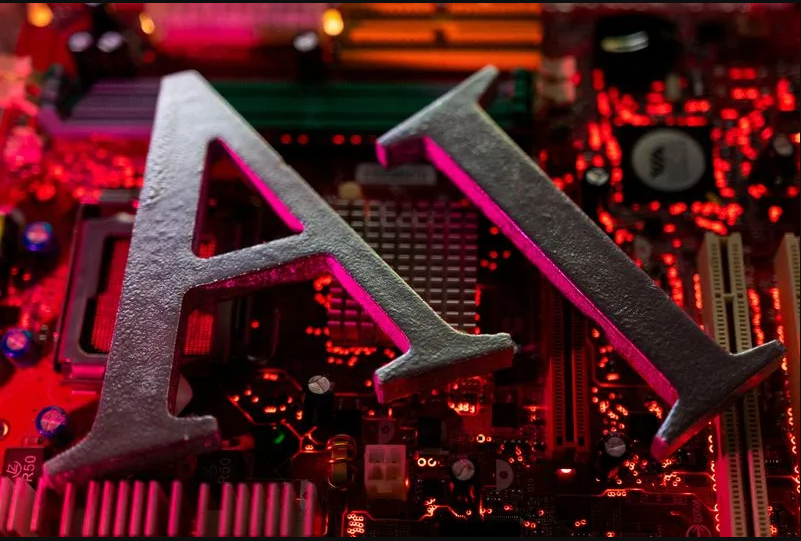A growing number of Americans believe that artificial intelligence could permanently replace human workers, according to a new Reuters/Ipsos poll that highlights deepening public anxiety over the future of work.
The survey, conducted earlier this month, found that more than 65 percent of U.S. adults are concerned that AI technologies—ranging from chatbots to autonomous systems—will lead to widespread job displacement. The concern cuts across political lines, age groups, and education levels, reflecting a broad unease as AI becomes increasingly embedded in industries from customer service and transportation to law, journalism, and healthcare.
“These findings show that the public is not just curious about AI—they’re afraid of it,” said Jennifer Morales, a labor economist at the American Economic Institute. “People are watching their workplaces change in real time, and they’re not sure they’ll be part of the picture in five or ten years.”
The poll results arrive at a moment of rapid advancement in generative AI and machine learning systems. While some companies hail the technology as a productivity booster and cost saver, others have already begun replacing human roles with automated alternatives. Recent job cuts in sectors like retail, banking, and media have only amplified fears.
According to the poll, only 18 percent of respondents said they believe AI will create more jobs than it eliminates—a stark contrast to more optimistic projections from tech executives and policymakers. Meanwhile, younger workers—especially those under 35—were the most anxious about being replaced, despite their familiarity with digital tools.
Labor advocates say the poll underscores the urgent need for a stronger policy response.
“The workforce is walking into an AI-driven future blindfolded,” said Marcus Chen, director of the nonprofit Work Forward. “We need real protections, training programs, and guarantees that workers won’t be left behind in this transition.”
The Biden administration has acknowledged the risks posed by automation and AI, announcing several workforce initiatives in recent months, including funding for reskilling and ethical AI development. But critics argue these efforts are not keeping pace with the speed of technological change.
Despite the fears, some respondents noted that AI could help eliminate dangerous or tedious jobs, and others expressed hope that humans and machines could collaborate effectively if employers and regulators act responsibly.
Still, the dominant mood captured by the poll is one of apprehension—a sense that the future is arriving faster than most workers are ready for.
source: reuters.com
